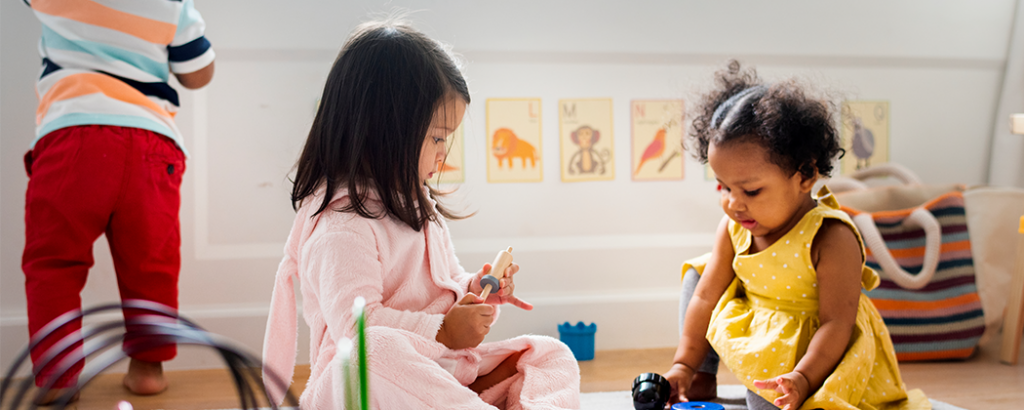
It is estimated that close to 20,000 magnet injuries have occurred in children since powerful rare-earth magnets entered the U.S. market in 2009. Magnets can be life-threatening to children if swallowed, so it’s important for parents to be aware of the hazards of toys with magnets.
Kids often put things in their mouths, ears and nose as a way to explore the world. However, if they accidentally swallow a magnet, especially high-powered magnets, it can cause serious harm. If two magnets are swallowed, they can attach to each other and cause life-threatening injuries to your child’s intestines.
Dex Tuttle, injury prevention program manager at Children’s Minnesota, provides tips for how parents can try and prevent their child from swallowing these hazards in their home.
How can I help my child avoid choking on magnets or other toys?
The good news: Since 2008, the Consumer Product Safety Commission (CPSC) enacted new standards that ensure magnets will not fall out of children’s toys. However, these standards don’t apply to home office supplies, stress relief devices, closures on home furniture, or other devices not intended for children. There are also puzzle-based children’s toys that use magnets to hold the pieces together. Though they’re not as strong, they should still cause concern if ingested.
Check your home.
A significant cause of concern are the high-powered magnets that are sold as adult desk toys or stress relievers. They typically come in large packs, so it’s difficult to tell if any are missing. They’re also very shiny and attractive to young eyes and hands. Limit access to areas with these devices or keep them locked up when not in use.
Check the floors, under rugs, between cushions and on counters within your child’s reach for small objects or toy parts. Double check rooms where your children play for magnets that might be part of other toys or furniture that may have broken or fallen out.
It will help if you get down on your hands and knees in every room of your home for a kid’s-eye view.

Be careful when buying toys.
It’s important to always follow all manufacturers’ age recommendations when buying toys. This will help you find and buy age-appropriate toys for your children. If you have multiple children of differing ages, find a way to keep the older child’s toys separate from the young child’s play area. In addition, never buy vending-machine toys with magnets for small children; these toys do not have to meet safety regulations and often contain small parts.
Warn your other children.
Warn older kids not to leave loose game parts or toys with small pieces in easy reach of younger siblings. Talk with them about the hazards of magnets and the importance of keeping them away from their younger brothers and sisters.
What should I do if my child swallowed something harmful?
If you believe that your child swallowed or came in contact with something harmful, you can contact the poison control center for free and confidential help. You can get help online or by calling their 24/7 hotline at 1-800-222-1222.
In case of an emergency, always call 9-1-1 or bring your child to an emergency room.